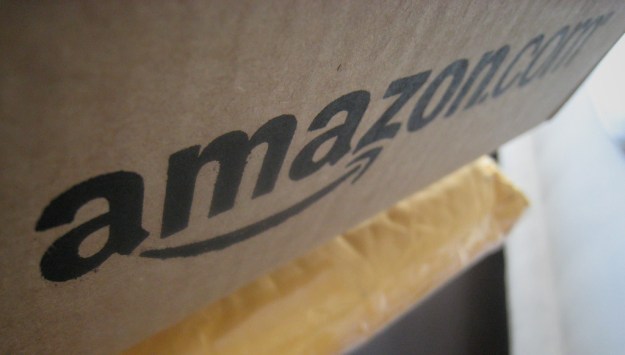
Covered by the Associated Press earlier today, retail giant Amazon announced the company will start collecting 6.35 percent sales tax from purchases made within Connecticut starting on November 1, 2013. Due to the timely start prior to the holiday shopping season, Connecticut commissioner of Revenue Services Kevin Sullivan indicated that the sales tax on Amazon purchases will generate an additional eight million dollars in revenue during 2013. During 2014, Sullivan believes the figure will be between thirteen to fifteen million dollars in revenue for the state of Connecticut.

One strategic advantage to the agreement on the sales tax issue is that Amazon will be able to build a new fulfillment center in the state. This will allow Amazon to continue aggressively pursuing the reduction of shipping times to customers in the vicinity of the fulfillment center. This will also bring a significant amount of jobs into the state.
Amazon entered into a similar agreement with Massachusetts during December 2012 and the company currently supports federal legislation that would set guidelines for a national sales tax on all online purchases. When asked about the potential federal law, Amazon vice president Paul Misener wants changes “that would finally resolve the sales tax issue, level the playing field for all retailers, protect states’ rights and allow states to collect the revenue owed.” Amazon currently collects sales tax in California and Texas with plans to start collecting sales tax in New Jersey and Virginia later this year. Other states that will receive sales tax revenue from Amazon purchases in the future include Indiana, Nevada, South Carolina and Tennessee.


